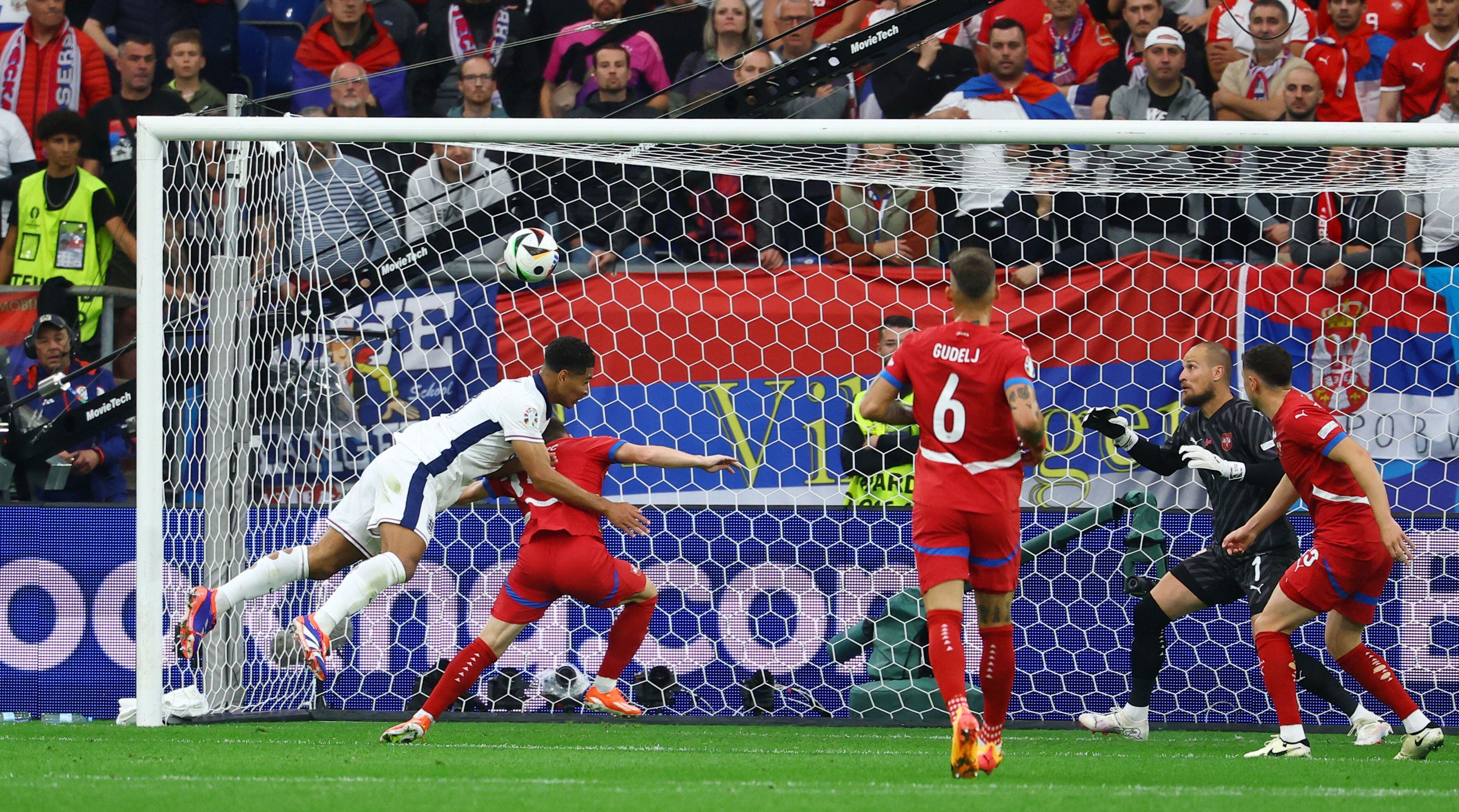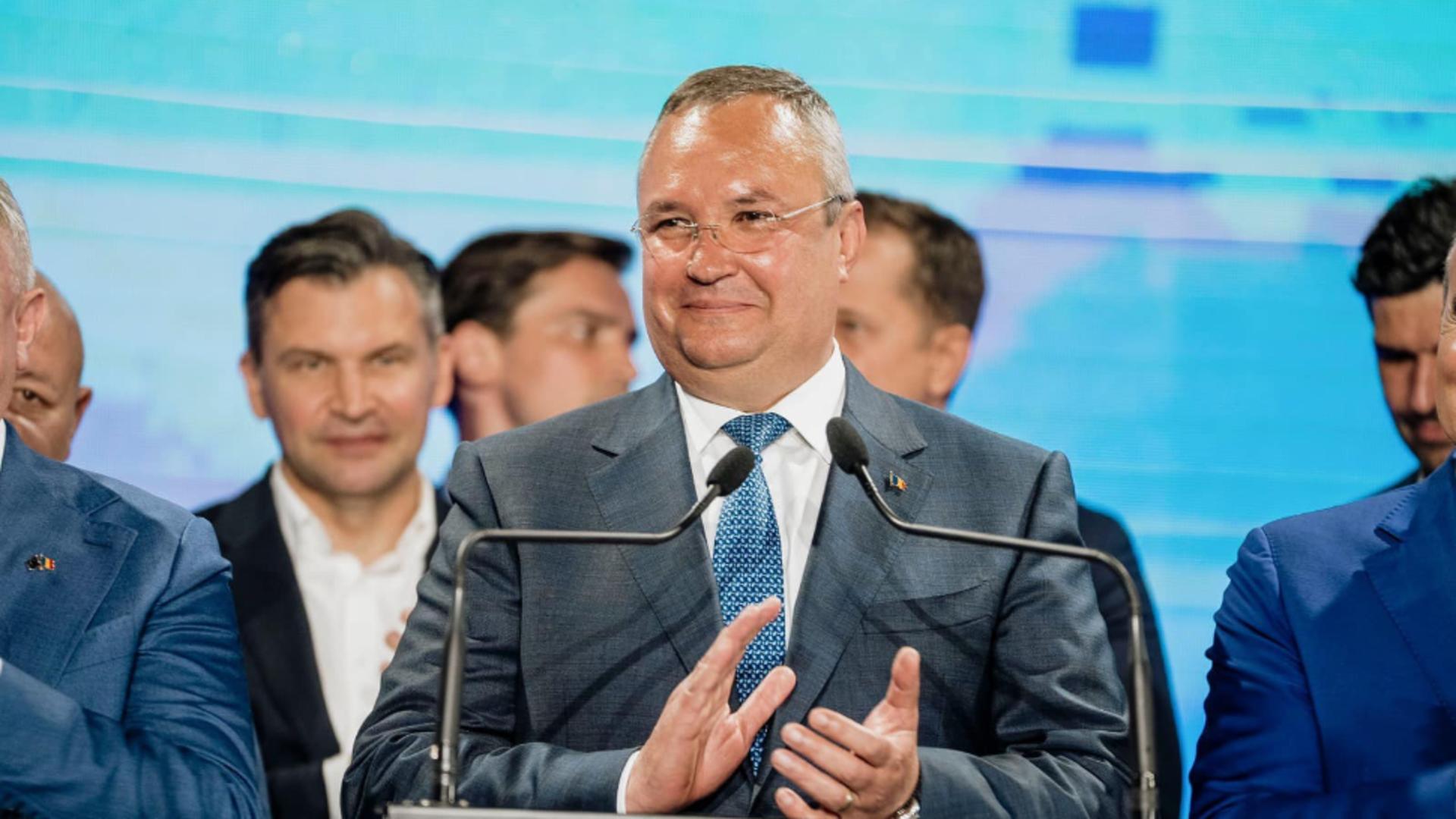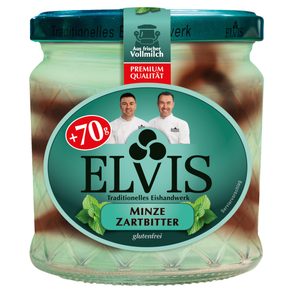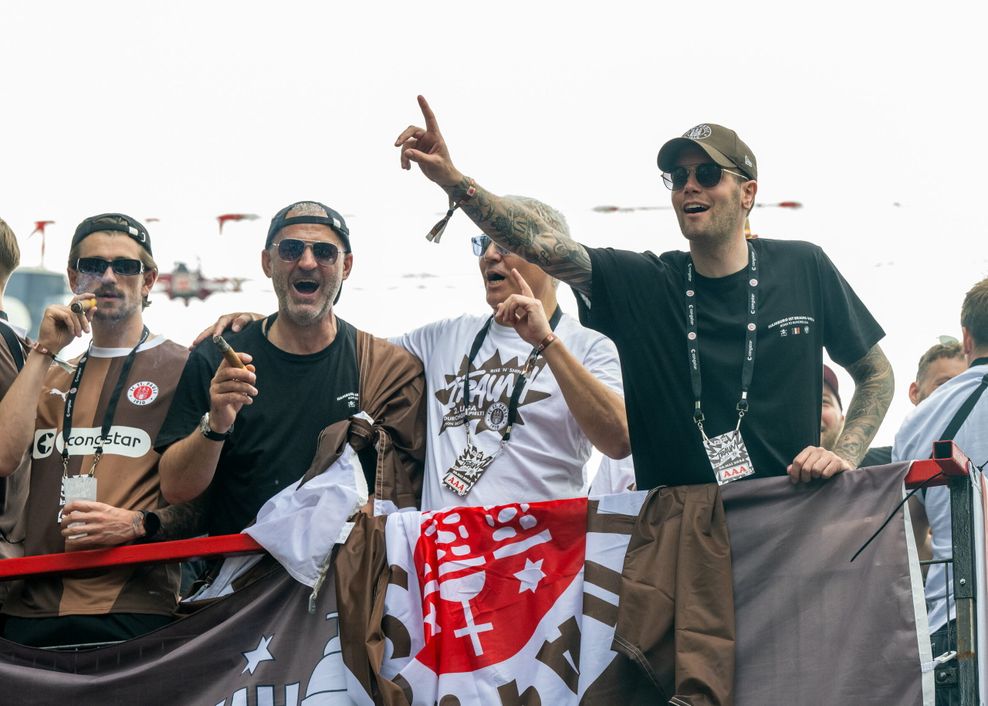photo: Daniel Prakopcyk
***
The New England drummer traces his path from playing pop-punk and seeing Phish at Fenway to his current seat behind the kit in Goose.
The Family Business
I grew up in Bedford, Mass., which is right near Boston. It’s a very liberal town, and my dad was a professional musician. He isn’t anymore, but for most of my life, he was a Berklee guy who played with some big names. He was really into Motown, soul, R&B. When I was born, he switched from being on the road to running a wedding band that was an 11-piece, all-Black group that was mostly Berklee teachers. The most notable person he was in a band with was Brad Delp, the singer of Boston.
So he was always gigging when I was a kid and music was a huge deal in my house—I was really enamored by it and would go see my dad play. I started on piano because we had one in the house, and my first instrument was saxophone, like my dad. But I switched to drums because there was a girl I had a crush on in the percussion section of the school band and I wanted to hang out with her. [Laughs.]
My parents got me lessons right away and the teacher was like, “Do you want to try the drum kit?” I was only 10, but I was super into it from the start. My parents were really surprised about how much I practiced as a little kid, God bless them. It was probably painful for them to hear a 10 year old practice drums.
An Edge and an Attitude
[My longtime group Swimmer] was a jamband, but my first band was a pop-punk band. I started listening to the Grateful Dead and Phish high school— I was introduced to jazz early on and would try to play around, but there really wasn’t any type of Grateful Dead or Phish community in my hometown. But, in 2009, when I was 15- 16, this kid I didn’t know that well invited me to see Phish at Fenway Park when they came back [after being apart since 2004]. I asked him if they were any good and he said, “They have this great song called ‘Farmhouse’ on the radio.” [Laughs.]
I went to that show, and I had never really been in that scene before. Obviously, it’s an insane circus, and I was like, “This is the music and the life for me.” I immediately went home and started learning as many Phish songs as I could on drums. And I quickly learned that Fishman was influenced by Bonham, and Bonham has always been my favorite drummer.
I went to Plymouth State, and there’s not much of a music scene there, so I just started jamming in the dorms with some kids that I met that also liked Phish and the Grateful Dead. We were constantly getting shut down but we became a house-party band, and that’s where I first felt that call-and-response energy with the crowd. That band changed members until none of the original members were in it anymore. I met my now longtime best friend, Swimmer’s saxophonist Matt Dolliver, at a talent show audition. He joined the band and had the booking agent qualities that we needed to start pushing, and we met the other two guys that are now in Swimmer.
Swimmer played around the Northeast when we were in college, but we were still young. I was the oldest and, after I graduated, I was like, “We need to go to Burlington, Vt.” I always wanted to go to UVM and live in Burlington. At that time, it was everything I dreamed it would be. There was a thriving jam scene, and I wanted to be part of a small-town community that had a high ratio of music lovers. Like most jambands, we wanted to differentiate ourselves from Phish. Joe Agnello, our guitar player, and I had this pop-punk music in our bones from our childhood, as well as a ton of other music. Our influences are extremely eclectic. But the thing that separated Swimmer from other jambands is that we kind of had an edge and an attitude about us. And our whole thing was that we said, “We’re gonna go out there and shove our original music down people’s throats.” Our music wasn’t necessarily aggressive, but we weren’t afraid to do anything we wanted in any moment and not feel weird about it.
We didn’t want to fit any kind of mold. We just wanted to play and improvise.
Edge of Success
Swimmer climbed the ladder a bit, and we did some really great shows. Dopapod was always one of our favorites to play with. And we had some opening slots that were legit, especially for us at the time. We traveled the country a bunch— we kind of burned ourselves out because we gigged really hard but never hit the point where we could quit our day jobs. So we were sitting on the edge of success for a little too long. But then we all started playing with other bands that would make us some more money. Half of us still live together in Burlington, and we all played together in Zach Nugent’s Dead Set. We all took that gig, which we loved. It allowed us to play music we love and still play together.
The story behind the [track “We Are Not a Jam Band,” off Tails from the Rat Kingdom,] is pretty funny. Swimmer made our first album, Thow It Out and worked so hard on it, though, looking back, I would change a lot of things. We put our heart and soul into this record, and the local newspaper tore it apart in a way where it was obvious that the guy just hated jambands. We didn’t think it was a fair critique of our album, which we poured everything into. At the time, we were crushing Nectar’s, selling out Saturday nights. So one night, we decided to pepper in some stupid banter about how this reviewer got it wrong, and we’re not actually a jamband. Then I edited all the banter together with some dumb sound effects and made it into that track, “We Are Not a Jam Band,” which I never thought would ever really see the light of day, so to speak. It was really just a stupid Swimmer joke, but that’s kind of how we were. I thought we had a great sense of humor and that our stage presence was great because we weren’t afraid to be ourselves. We weren’t awkward about it. We were always having fun.
Intro to Goose
Swimmer used to play with Great Blue, Peter [Anspach]’s band, a good amount. We would come down and open for them in Connecticut, and they would come play with us in Burlington. They were always the homies. Matt would go and sit in with them, and he actually did a tour with them out West. The last show we ever played with Great Blue, which was a long time ago, Peter actually said to me: “Man, I would love to be in a band with you one day.” And I was like, “Fuck, yeah, that would be amazing.” We always respected each other.
Swimmer also played with Goose. In 2018, they came up to Burlington, and this was when Swimmer was selling out Nectar’s by ourselves, and the promoter wanted to add Goose—who was also crushing it—to the bill. I remember their old percussionist being pissed that they were going first, but we were at the top of our game back then. Our keyboardist actually ended up playing with them too, since it happened to be the one gig that Peter missed since he joined the band. I went out before our set and was absolutely blown away, especially by Rick [Mitarotonda]. They were crossing over between the jam world and the contemporary world in a really tasteful way. Even then, it struck me that they had a way different sound than any jamband, though it was a poppy sound. And the other thing is that they were just good at it. I understood why they were as big as they were, even at that time. And after our set, Rick came up to me in the green room and complimented me and there was a moment of true mutual respect. Obviously, since then, Goose skyrocketed, and Swimmer did not. So we weren’t really playing the same types of gigs, even though we did play a couple of festivals like Pigeons’ Domefest.
Ted Tapes 2024
Peter asked me to come hang out recently. I wasn’t really up to date on the news about everything, so it wasn’t an audition in my mind. I was just going to jam with some old homies. When I got in there, I just was doing my thing, and I didn’t have any expectations. I just sat down at the kit, they started an improv and it lasted for a long time. “Leo” on Ted Tapes 2024 is the first thing we played together. When we came out of that jam, it was clear that it was awesome. Everyone was beaming, and I was beyond psyched because it was just a level of musicianship, improv and chemistry that I haven’t felt before. We then played through a couple of things that aren’t on the Ted Tapes because I didn’t really know the tunes at the time on drums, though those seemed to click well, too. The chemistry was just there from the get-go.
After the first jam, which was definitely just, “Let’s go for it,” we also did some things where we were like, “Alright, this tune is kinda this vibe.” So they would start with that vibe, and then we’d go into an improv, but there was no plan. We would jam, and some of those became the rest of the Ted Tapes—we’d riff off of me playing within the basic framework of the song. But the jams weren’t stuck in any type of framework. I thought they broke out really nicely, really organically, which is what I think makes a good jam—that moment when you are like, “Wait, what song was that again?”
Learning the Catalog
[The guys in Goose write] good songs. A lot of intention has gone into every song that they play. I had listened to Goose before, but I wasn’t a super fan going to all the shows. I was playing too many of my own shows to go that deep into their music. So my first step after getting the gig was that I just started listening to the whole discography. And then I started listening to their live shows and watching their live shows online. I wanted to get the vibe of the flow of a Goose show. There’s so many nuances, between the setlist flow, the jam vibe and how they approach certain situations. It’s like, “What do they do after you play a ripping rock song? Where do you go after you play a really tender ballad? What’s the overall emotional arc?” I just really wanted to familiarize myself with that. I went on a seven[1]week tour and just kept listening to their songs, trying to get as familiar as possible.
But, in terms of the chemistry between me and the band, I want to go into this being my own player, so the chemistry between us needs to be fleshed out on all the tunes. We’ve been going through all of the songs together and I’ve been practicing a ton on my own. The band has been super helpful, giving me freedom in certain spots or encouraging me to be myself and have my own creativity—being patient because they already know all the tunes.
They seem to be responding to the way I’m playing, which is leading to a sound we’re creating now together that’s the same tunes, but just maybe a little different because it’s with me. I feel like “This Old Sea” was one where, right from the beginning, I always liked it because I really enjoy the tender ballads. It was the first song where I thought, “This band is so emotionally sensitive.” You can dig deep and get some juice out of those ballads. “Atlas Dogs” has also always been one of my favorites to play because the energy is tribal—it’s got this rhythmic feel to it that I’ve always loved. The rhythmic idea is kind of similar to “The Other One,” which is always my favorite tune to play with Grateful Dead cover bands.
“Chateau Sessions”
Everything has been happening pretty quickly, so we are busting our asses learning tunes. It has been sounding good and we have just been hanging out and having a lot of fun. The improv is still obviously vibing and hitting the mark. So we just wanted to give people a look at what we have going on in the studio, which is where the “Chateau Sessions” were filmed. The Ted Tapes were just improv, so we wanted to give people a taste of what the tunes are sounding like and the vibe of us all hanging out. I’ve been here in Connecticut a lot, and it’s a great environment. It’s supportive and fun and easy to play through stuff, retain it and build on it.
The post The Core: Goose Drummer Cotter Ellis appeared first on Relix Media.





